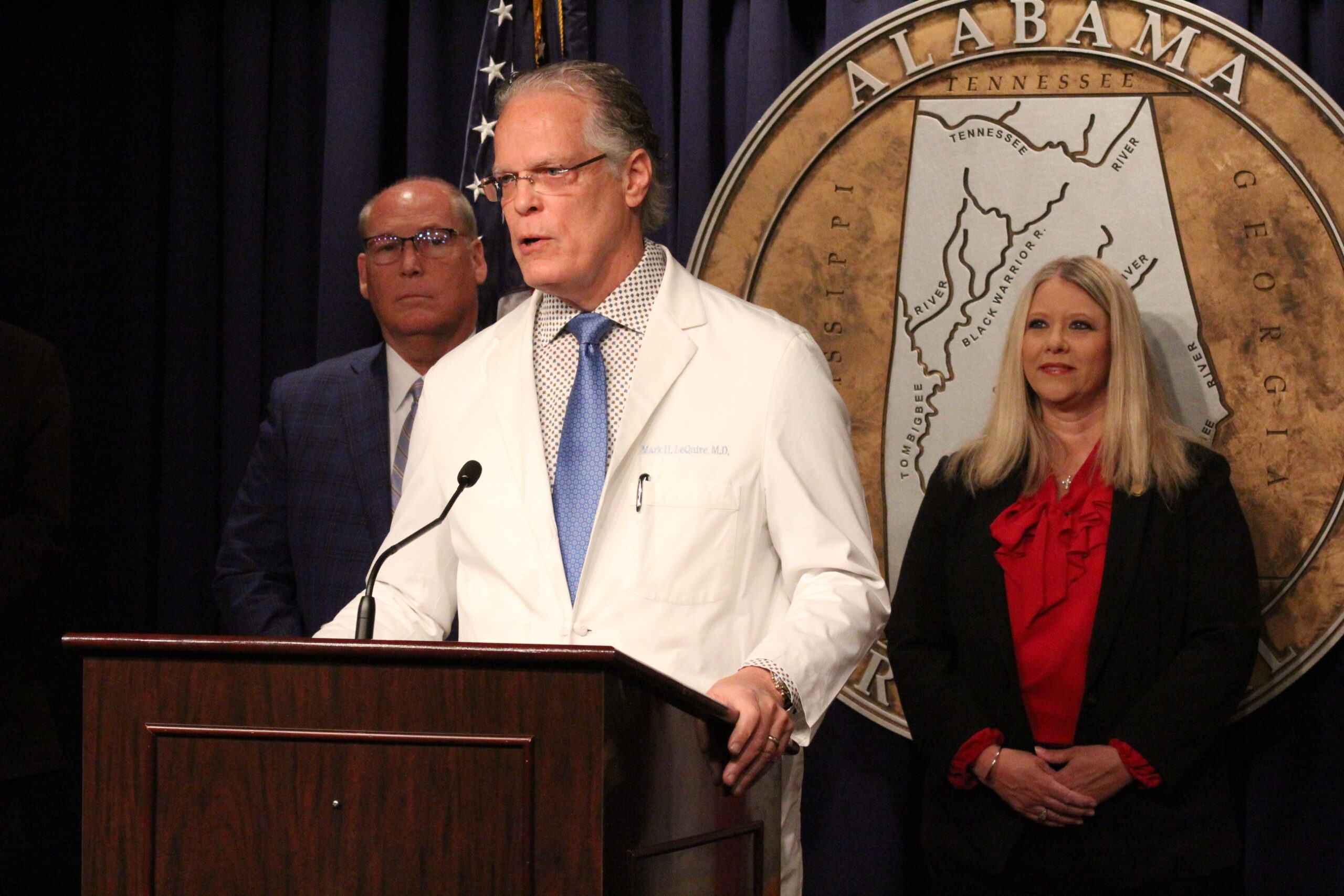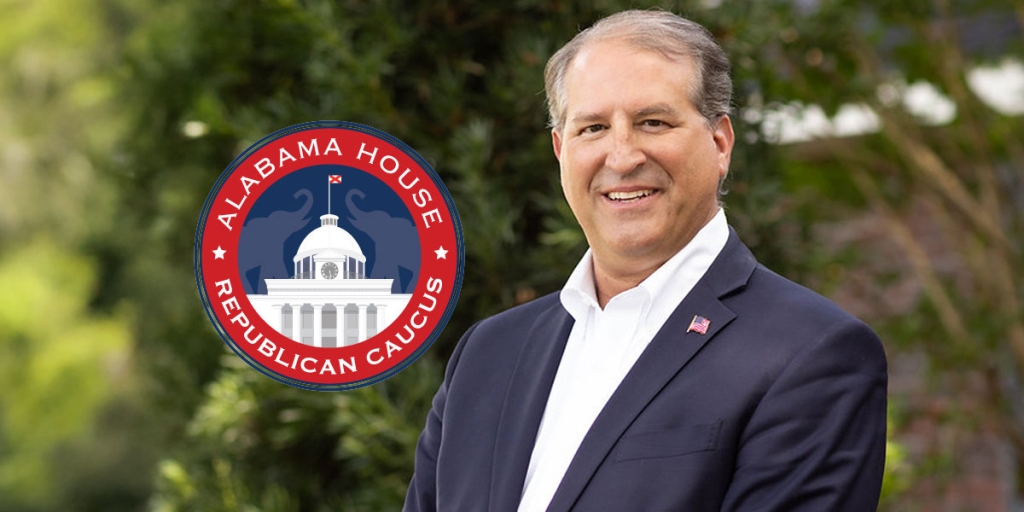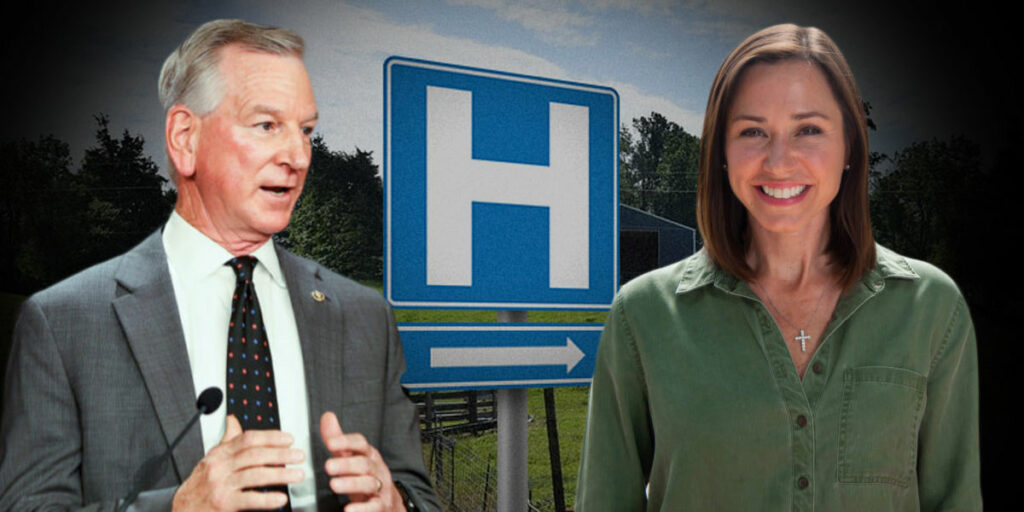Alabama is experiencing a malady felt in most states across the country: A shortage of primary care doctors.
State Sen. April Weaver (R-Briarfield) and State Rep. Paul Lee (R-Dothan) are teaming up on legislation to help stop the bleeding.
“If we want more doctors to practice in Alabama, we need to make our state more welcoming to doctors,” Weaver said. “We need to cut unnecessary red tape and bureaucratic barriers that will help us recruit new doctors from elsewhere and retain the doctors that we already have.”
Weaver and Lee were joined by physicians who relayed urgency to address the crisis, while the lawmakers presented a three-prong approach outlined by the bill.
The bill introduces immediate, mid-range and long-term solutions to filling the gap of licensed medical doctors in Alabama. Starting by streamlining some aspects of the qualification process without compromising a high standard for care.
Under the law, doctors who are licensed to practice medicine in other states will have less hoops to jump through to practice in Alabama. It will also provide a pathway for qualified doctors who have passed all their certifications, but have yet to match with a residency program, to be able to offer care under certain circumstances.
“The goal in this bill is one of two things,” Lee said. “One is to keep those that are in state that have graduated from our medical schools here in the state, and two, those that are outside our state to come in with as few barriers as possible to get them in a start to work as soon as possible.”
The bill also proposes international medical students can get their residency in two years instead of three.
“What I have seen in the last 20 years or so, there’s just been outstanding international grads to come through in primary care,” said Dr. Boyd Bailey of Selma. “Alabama’s 36-month rule caused many of our top tier international grads to elect to go to other states because they could get the license and be ready to take on a new contract on the day after they finish their residency program.”
Dr. Mark H. LeQuire of Montgomery underscored the urgency and long-term potential for crisis.
“We can wait on national organizations to solve this problem for us or we can do what we do in the great state of Alabama do it best and then solve it ourselves,” he said.
Grayson Everett is a staff writer for Yellowhammer News. You can follow him on Twitter @Grayson270 for coverage of the 2023 legislative session.













